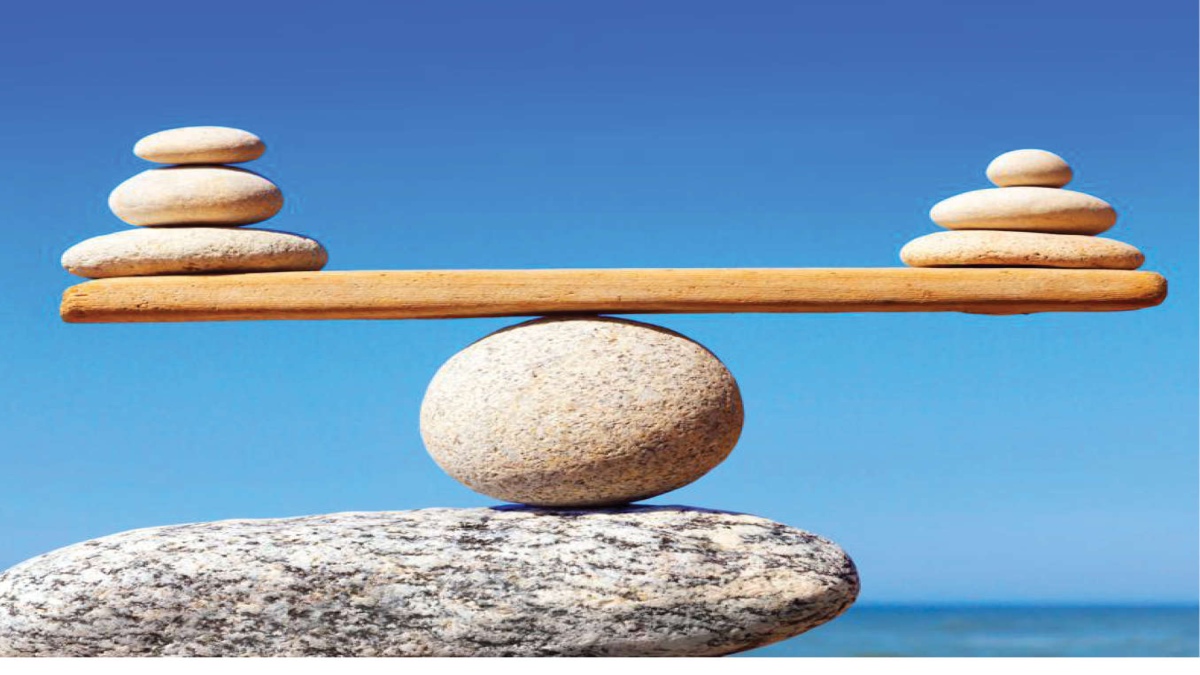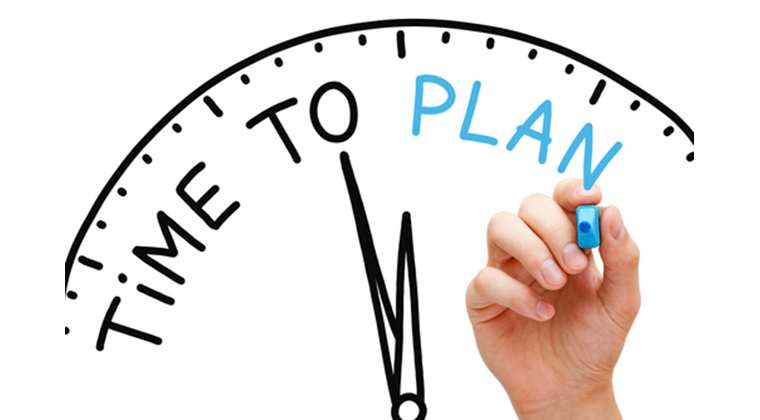- Mindfulness cultivates a heightened awareness of emotions without judgment. This emotional intelligence contributes to a more balanced and resilient approach to life’s challenges, fostering enhanced emotional well-being.
- The practice of mindfulness sharpens your focus and concentration. By training your mind to stay present in the moment, you reduce mental clutter and enhance clarity, enabling more effective life planning and decision-making.
- Mindfulness is a potent tool for stress reduction. By bringing attention to the present moment, you develop resilience in the face of stressors. Mindfulness techniques provide a sanctuary of calm amidst life’s storms.
- The mind-body connection is integral to mindfulness. As stress diminishes, physical health improves. Mindfulness has been associated with benefits such as lower blood pressure, improved sleep, and enhanced overall well-being.
- Mindfulness encourages a non-judgmental awareness of thoughts and ideas. This freedom from self-criticism fosters creativity and innovation, allowing for more imaginative and inspired life planning.
- Incorporate mindful breathing into your daily routine. Take a few minutes to focus on your breath, inhaling and exhaling consciously. This simple practice can be done anywhere, providing an instant anchor to the present moment.
- Practice a body scan meditation to cultivate awareness of bodily sensations. Start from your toes and progressively move up to the top of your head, noting any tension or sensations. This exercise enhances your connection to the present.
- Transform routine walks into mindful experiences. Pay attention to the sensations of each step, the feeling of the ground beneath your feet, and the rhythm of your movement. This mindful walking exercise can be done in nature or even during a stroll through the city.
- Set aside moments throughout the day for a mindful check-in. Pause and bring awareness to your thoughts, emotions, and physical sensations. This brief reflection fosters a continuous connection to the present.
- Transform meals into mindful experiences. Pay attention to the colors, textures, and flavors of each bite. Engaging all your senses during meals not only enhances the eating experience but also promotes a sense of gratitude.
- Create intentional boundaries for technology use. Practice mindful engagement with devices by taking breaks to breathe and reconnect with the present. Mindful technology use fosters a healthier relationship with the digital world.
- Begin with small increments of mindfulness practice and gradually build consistency. Whether it’s a few minutes of mindful breathing or a brief moment of present awareness, these small steps accumulate over time.
- Infuse mindfulness into routine activities. Whether it’s washing dishes, commuting, or waiting in line, use these moments as opportunities to practice mindfulness. It’s a subtle yet effective way to incorporate the practice into your daily life.
- Extend mindfulness to your life planning sessions. Before making decisions or setting goals, take a moment of mindful reflection. Consider your values, aspirations, and the present moment. This intentional pause enhances the quality of your life planning.




